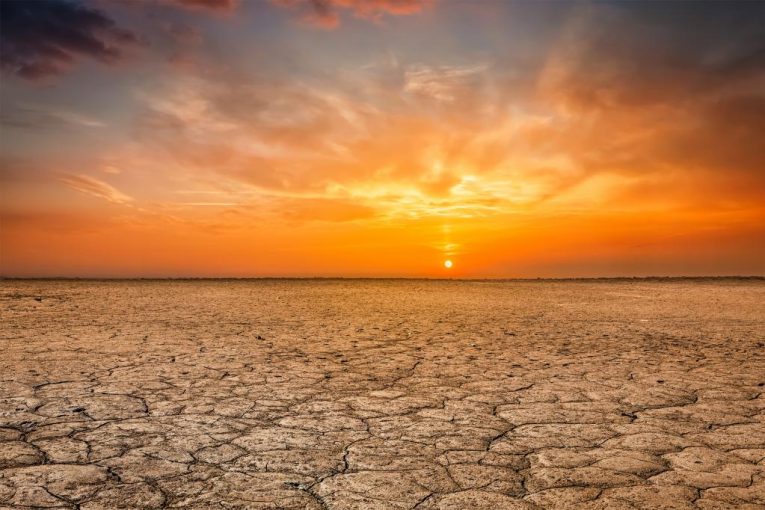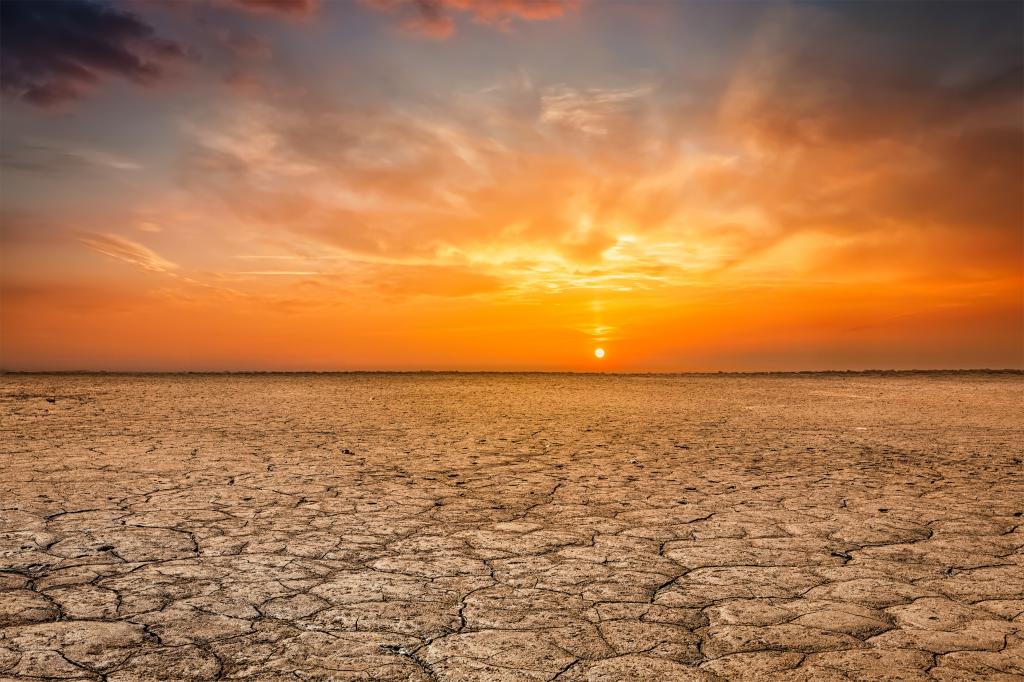[ad_1]


By David M. Greenwald
Executive Editor
Davis, CA – There is no doubt that we face a catastrophic climate crisis—and we are only now starting to see the magnitude of the impact of that crisis on our world.
For a long period, the federal government and other world governments refused to act. I believe we needed to model carbon reduction at a local level. Moving away from fossil fuels, going to more energy efficient homes, driving less—all of that are things we should be doing.
It is important to practice what you preach, otherwise you end up looking like the governor going to a restaurant with a large group of people with no masks—it just looks bad.
The critics may be right at times. We are not going to reverse the effects of climate change on the margins. It will take deep work, and that can only be done at the multi-national level and not at the local level.
Modeling proper practices—disparagingly called at times “virtue signaling”—is actually important on a lot of levels, but sometimes it becomes counter-productive.
It turns out you can be locally wise and globally foolish at the same time, and that’s where I think we have to be much more careful.
This argument will likely return to the ballot when DiSC-2022 is on the ballot.
DiSC-2022, like its predecessor, will be attacked for increasing Davis’ carbon footprint. They will attack it as a freeway-oriented.  project and show how it blows up Davis’ carbon goals.
project and show how it blows up Davis’ carbon goals.
All of this was seen back in 2020.
Opponents criticized the project for creating congestion, increasing traffic and increasing the carbon footprint.
In the opposition ballot argument, the opponents wrote: “Directly resulting from this debilitating traffic, these greenhouse gas emissions will destroy our City’s Climate Emergency Resolution mandating carbon neutrality by 2040. The projected unmitigated emissions from DISC alone will increase the City’s annual emissions by 8% or over 83 million pounds/year!”
They added: “Although the Developer promises DISC will be carbon neutral, this can only be achieved by buying cheap offsite carbon credits that do nothing to reduce the City’s real carbon footprint. It is unfair to burden our children and grandchildren with this legacy of harmful greenhouse gases for the sake of Developer profits.”
This sounds like a strong argument against the project. Even projects that are trying to achieve carbon neutrality are vulnerable because you are often purchasing offsets off-site to cancel out your carbon footprint.
But is this really helpful? It could be argued that any project that increases the population of a particular area will increase its carbon footprint, unless they manage somehow to make it zero. The problem is—from a global standpoint it really doesn’t matter what a community’s carbon footprint is. This is not the case.
If I move 1000 people into Davis and therefore increase our traffic and energy use, I’m really not impacting the global scales at all. Why? Because I’m not creating more people, I’m simply moving pieces on the chessboard.
The world is essentially a zero-sum game. If I add 1000 people Davis, it means I have 1000 people from all over the world.
One of the problems associated with climate change is that every impact is marginal. I can reduce the carbon footprint of the planet by creating a new development that is less efficient than the average world development, but only in a very small way. The reverse is also true.
That’s a huge problem for attempting to solve the climate crisis—you end up with a collective action paradox, to borrow from game theoretics. We have a free rider problem. I am incentivized not to take responsibility for climate change because my individual impact is usually negligible, but the costs of compliance might seem high.
But there are also unique problems in that I could increase a community’s climate impact even though I decrease the overall global impact. That’s the real question about DiSC-2022—it’s not if it adds to Davis’ annual emissions by 83 million pounds/year, cut in half for the decreased size, but rather whether it is more efficient than a comparable park of its size elsewhere.
It’s difficult to fit this concept onto a campaign flyer. However, it shows that the problem is more complex than it seems.
Ultimately the answer to this is where I have been leaning for some time—we have to solve this at the national and multi-national level, not the local level. We have spent so much time debating about climate change and the human causes of it that we are now at the point where we need to take more drastic than marginal actions.
This could have been done much more easily last year, but the previous administration was a part of the problem. We should have made plans to transition to a new economy when the economy was down and carbon emissions and pollution were at an all-time low.
We learned a lot about how technology can be used to sustain our economy and how to mitigate the impact of massive and sudden changes.
The bad news? We’ve also seen how resistant people are to making life changes, even when their survival is in danger.
[ad_2]




